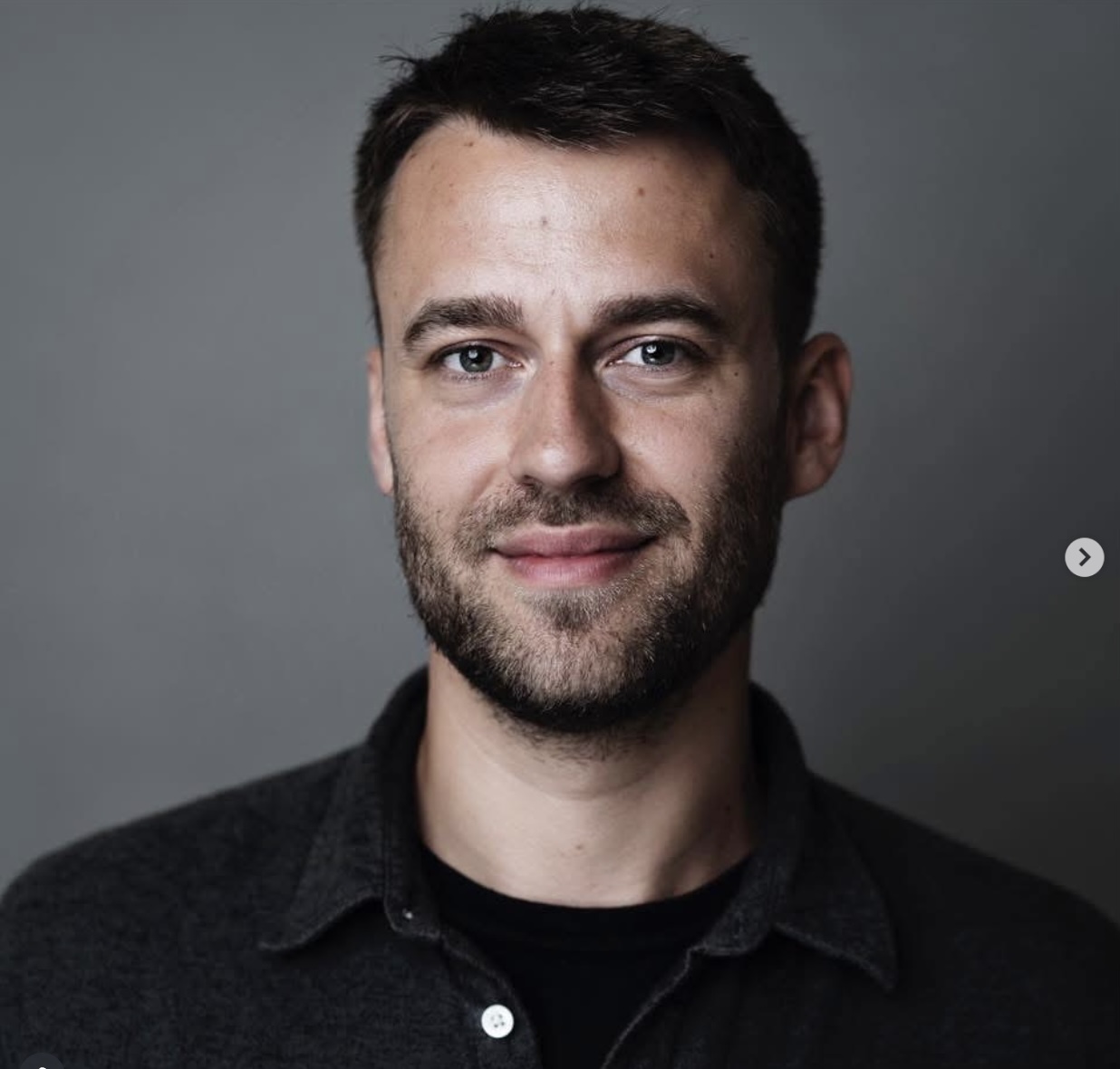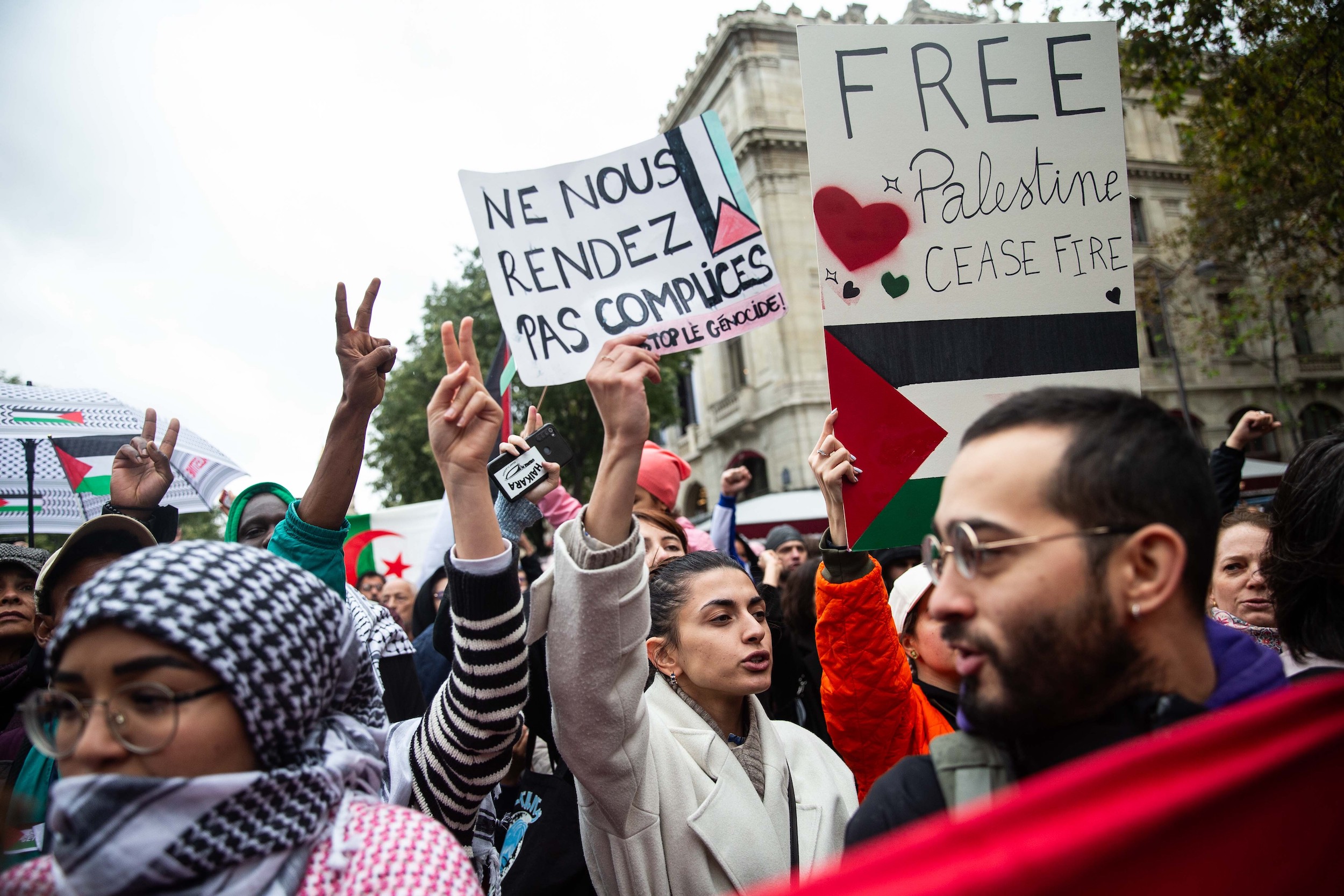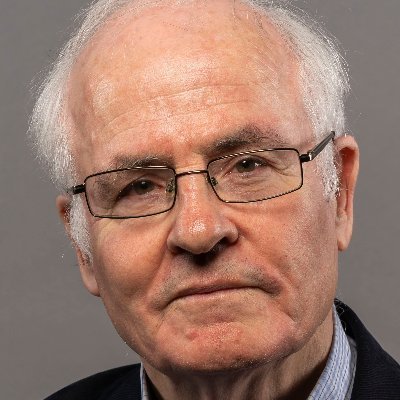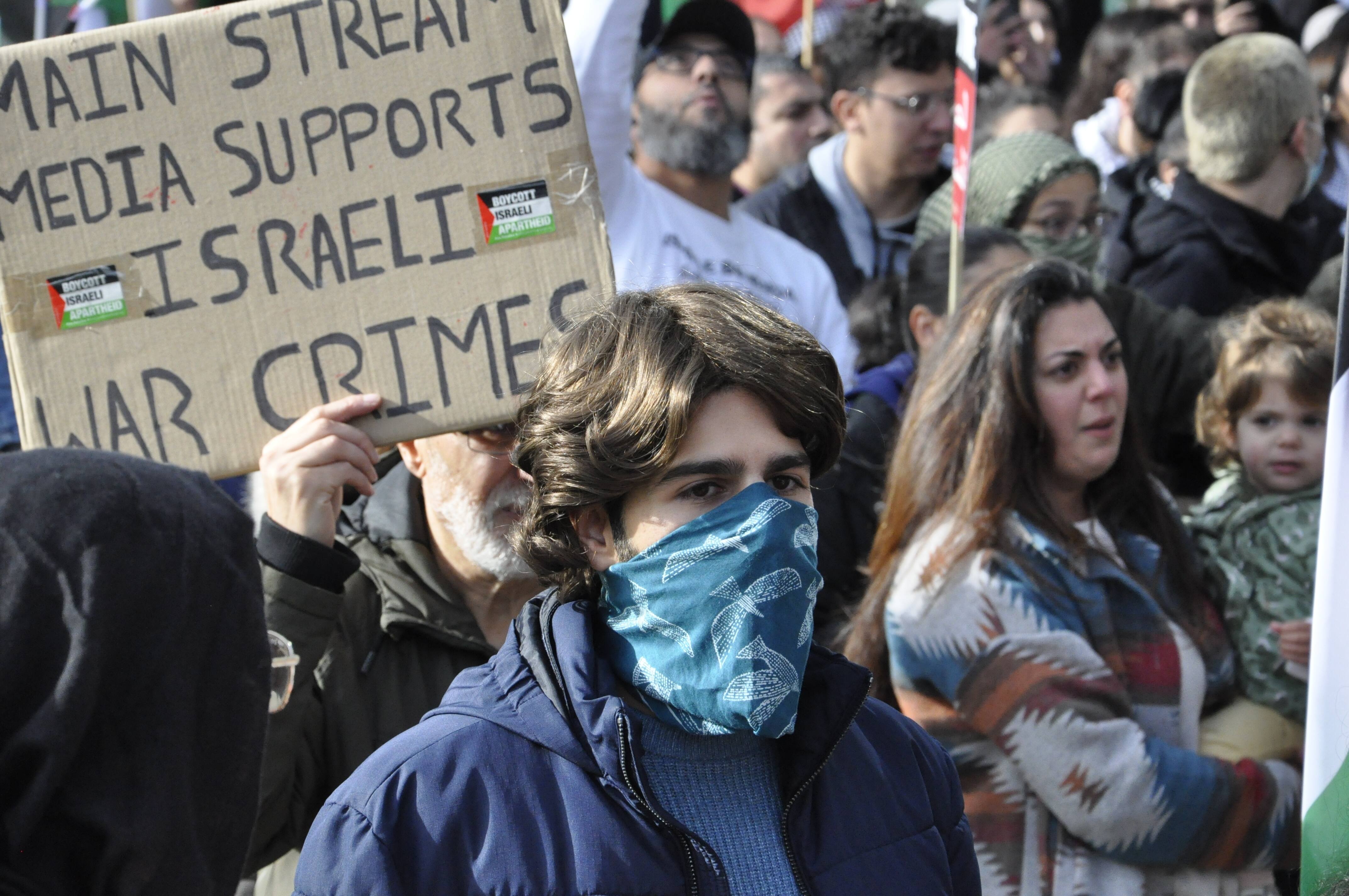Why demand entry for foreign reporters when Palestinian journalists are already risking—and losing—their lives to tell the truth? Real solidarity means saving journalists' lives, amplifying their voices, and naming the genocide they expose daily.
Over 1,001 signatories of prominent journalists have signed a petition urging “immediate and unrestricted access for foreign press” to the Gaza Strip since August 4, 2025. However, demanding that "international journalists gain access to Gaza" before advocating and fighting for the rights and survival of Palestinian journalists reveals that many Western media outlets and journalists still have their priorities backwards.
At least 232 Palestinian journalists have been killed by the Israeli occupation forces since October 7th, 2023, and little to no support has been expressed from Western media outlets. The calls from Western journalists to be let into the Gaza Strip have been growing lately, but the priority should be to protect our Palestinian colleagues and publish their work – and to demand an end to the Israeli genocide and occupation. Surely, international journalists should be let in, but the most pressing matter is the safety of our Palestinian colleagues.
The lack of support toward our Palestinian colleagues makes the sudden calls for international journalists to be let into Gaza seem tone-deaf and arrogant. What can Western journalists cover in Gaza that has not already been covered by the journalists who are there?
The sustained silence while our colleagues have been deliberately targeted and killed, and the refusal to publish their work, is unforgivable. The demands should rather be to ensure their safety and to support their work while demanding an end to the Israeli genocide.
Why have every single Western outlet not been translating and supporting the work of Palestinian journalists? Their work should be on the front page of every newspaper and broadcast on every news show – every single day.
The outlets have also refused to call it a genocide and have contributed to the dehumanisation that has allowed the mass murder of Palestinians.
Demanding the entrance of foreign journalists shows the ethnocentrism that is still so entrenched in Western media: the racist or prejudiced idea that if only foreign journalists could get in, then the coverage of the story would be “complete and valid enough”.
But while Western media have been busy discounting our Palestinian colleagues’ brilliant and courageous work, the Israeli occupation has been repeatedly caught admitting to targeting them for their reporting.
In March this year, the journalist Hossam Shabat was killed by the Israeli occupation forces. Before his death, in October 2024, he and five other Al Jazeera journalists had been threatened by the occupation. Shabbat wrote in a post on X that:
“This blatant and belligerent attempt to transform us, the last witnesses in the north, into killable targets is an assassination threat and an obvious attempt to preemptively justify our murder. (...) We call on our colleagues and media institutions around the world to show their solidarity with us.”
Despite this, way too little support was shown from journalists around the world. One of the other journalists who was threatened was the Al Jazeera Arabic correspondent Anas Al Sharif. Just a few weeks ago, the occupation started a new incitement campaign against him.
They did so after his personal and emotional reporting on the acute forced starvation of his people went viral. A clear sign that the Israeli occupation fears more than anything that the Palestinian frontline journalism is seen and heard by the world.
On the 4th of August, Al Sharif posted this text on his Instagram account:
“Urgent plea for help. We are dying. A deep sense of fear grips the displaced families in Gaza, as the Israeli government threatens to seize what remains of the Strip after already taking control of more than 75% of it. For over 22 months, Israel has devastated every corner of Gaza – no family has been spared the loss of a home or the killing, injury, or imprisonment of a loved one. Now, the last fragments of land and life face new threats. Women and children are among the primary victims. There are no safe places left. No food, no water – famine is spreading rapidly. This war in Gaza must end. Please – let our voices be heard before we are silenced by the next airstrike.”
While Western journalists are calling to be let in, Palestinian journalists are calling to be protected while they continue to do the frontline reporting, risking their lives while doing it, for almost two years. The first thing we should do is support them and do everything in our power to ensure their protection and amplify their work.
























![Palestinian journalists attempt to connect to the internet using their phones in Rafah on the southern Gaza Strip. [Said Khatib/AFP]](/sites/default/files/ajr/2025/34962UB-highres-1705225575%20Large.jpeg)




















